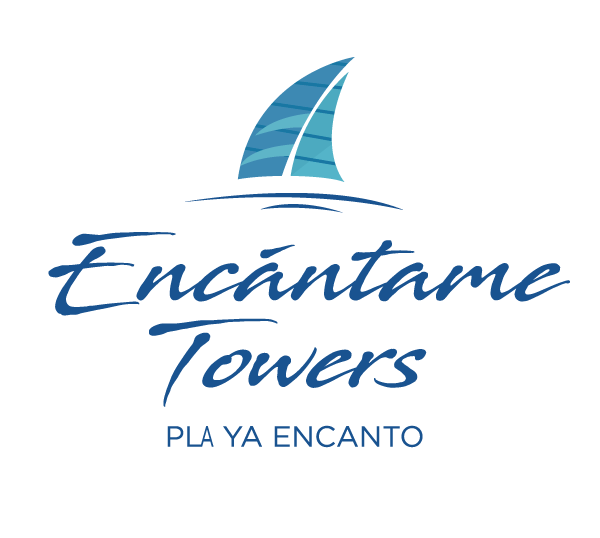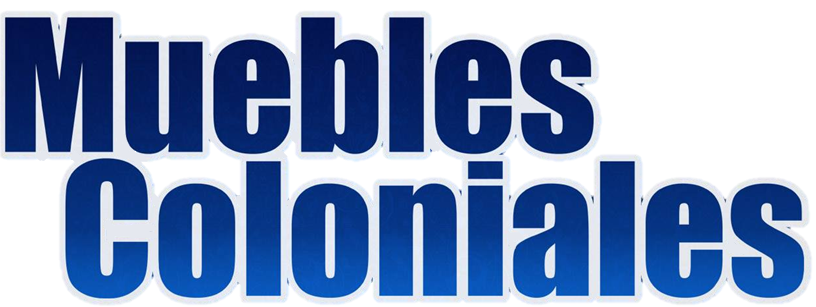Considerations Related to an Owner-Financed Property Transaction
Part 1 of 3
Having been a real estate professional in Puerto Peñasco for more than 20 years, I have been involved in over 100 owner-financed property transactions. Owner financing is almost the only financing available to foreigners (that’s us – Americans, Canadians, other non-Mexican citizens). The few buyers who can obtain Mexican bank financing are shocked by the exorbitant interest rates, which predictably drive them into the arms of financing by the seller, also called an “owner will carry” (OWC) purchase.
The basics of an OWC transaction involve an initial agreement between seller and buyer, a down payment, a contract, and specified payments for a specified period of time. The contract details the terms of the agreement, the responsibilities of each party through the term of the contract, the consequences for non-compliance, including interest applied to late payments, jurisdiction in case of disputes, the consequences for default on the part of the buyer, the fact that the property will remain titled to the seller until payment in full is made by the buyer, as will the electric account,and, of course, the promise of the parties to fulfill their parts of the bargain as specified in the contract, as represented by their signatures on the contract. It is easy, as long as everyone performs as agreed.
The recession of 2008-11 brought a dozen defaults by buyers who had fallen on hard financial times, and in all cases except 3 the buyers apologized and handed the keys back to the sellers after signing a Notice of Default. As detailed in the contracts, the sellers were able to retain the down payments and 100% of the payments that had been received from the buyers, as well as the values of property taxes and trust maintenance fees paid, improvements made by buyer, etc. and sellers were able to resume their positions as owners as if their properties had never been sold. The remaining 3 cases ended up in court because the defaulting buyer refused to vacate the property and return it to the seller. One case was settled out of court in favor of the seller, only because the buyer abandoned the property. The other 2 cases continue unsettled and are still in court after years of litigation.
Part of the OWC contract problem is that, as a foreigner, the seller is NOT the legal owner of the property, but instead is the legal owner of the rights to use and enjoy the property. The fiduciary bank that issued the bank trust in the name of the seller is the actual legal owner of the property, and some of those fiduciaries insist on being notified prior to an OWC transaction. Legally speaking, the seller, who is not the legal owner, cannot enter into an OWC transaction without the blessing of the fiduciary. Some fiduciary banks enforce that concept, while others are not interested. Sellers and/or their real estate agents are advised to learn the requirements of the fiduciary bank before even considering an OWC transaction.
Another part of the OWC contract problem is enforceability, because some of the terms in the “standard” OWC contract fly in the face of Mexican law! The part that says that the seller can keep everything that has been previously paid by the buyer in the case of default, is NOT legal, and can be successfully challenged in court. A judge may decide that part or all of the down payment must be returned to the buyer, or that the payments were too high and some part of each must be returned to the buyer, or that an appraiser will be hired in order to assess rental value of the property, and everything in excess of that appraised rental value that was paid in the form of monthly payments to the seller must be returned to the buyer. To add insult to default injury, the buyer can continue to occupy the property while the contract is under litigation. Each party will have legal expenses, which can add up to serious money, and if the buyer is truly destitute and if he is ruled against, he may be ordered to pay the court expenses; but is that possible if the buyer cannot even make monthly payments? Seller should be prepared to pay, because someone will pay before the case is settled once and for all.
Expenses of the property are ongoing, regardless of who uses and enjoys the property. Defaulting buyers often forgo their contractually required payment of property tax, trust maintenance fees to the fiduciary, even electric bills, and the seller will end up paying those, plus late fees and interest, regardless of who was supposed to pay according to the OWC contract, if the defaulting buyer leaves them unpaid.
You may have already decided that cash is king when selling your property in Paradise. While it may be tempting to accept an OWC offer in order to sell at a higher price, or to increase your revenue in the form of interest as you carry the loan, you may well lose money if your buyer defaults. There are more installments to this story, including my own not-yet-resolved OWC transaction court battle. In real estate we often say. “Buyer Beware,” but “Seller Beware” is equally appropriate when considering property transactions in Paradise.























